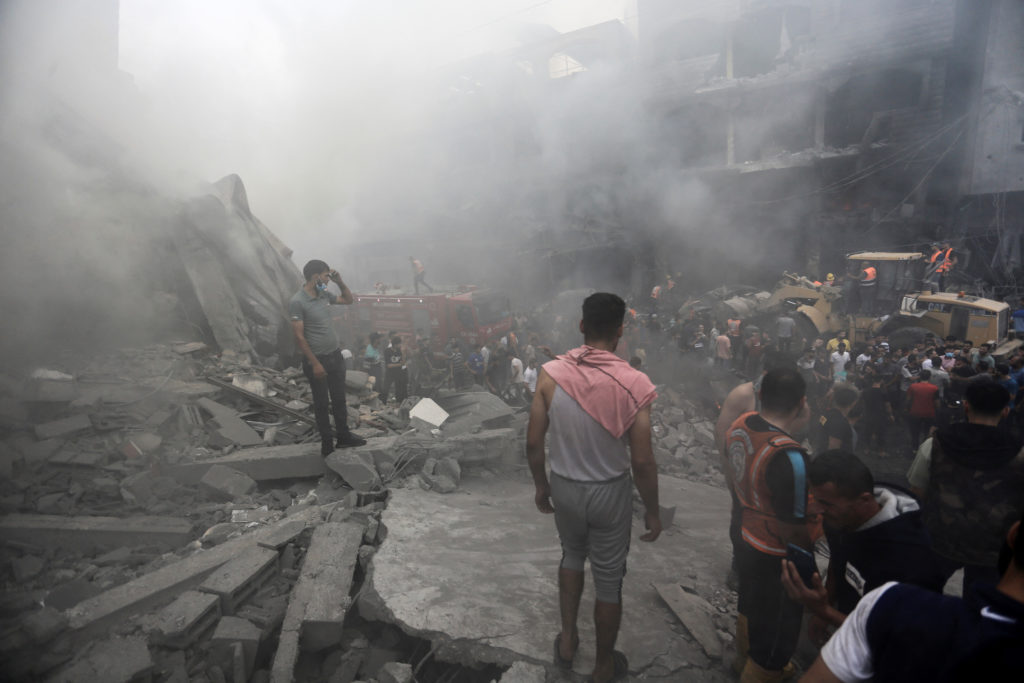In July 1995, the Srebrenica massacre witnessed the tragic deaths of more than 8,000 Bosnian men and boys at the hands of Bosnian Serb forces. Today, as the country marks 30 years since this horrific event, a mix of remembrance and unresolved conflict continues to loom over Bosnia and Herzegovina. The premiere of the play "Flowers of Srebrenica" at Sarajevo's War Theatre encapsulates the grim realities of this past, illustrating not only the massacre itself but also the decades of lingering grief and ongoing divisions it has fostered.
Outside historical context, the Srebrenica massacre has emerged as one of the most infamous war crimes in Europe since WWII. In July 1995, thousands of Bosniaks seeking refuge in the supposed secure town of Srebrenica found themselves abandoned by UN forces, notably as Dutch troops failed to intervene. Bosnian-Serb General Ratko Mladić orchestrated the brutal acts, including the separation of families, with systematic executions targeting predominantly men and boys. In the days that followed, MLadić’s forces collected bodies in mass graves, later exhuming them in attempts to erase evidence of their atrocities. Many families are still engaged in painful searches for their loved ones, with DNA testing providing some means of closure but leaving others yearning for their dead.
The problem of genocide denial persists, especially in Republika Srpska, where officials reject the international court's verdict holding Mladić accountable. As Selma Alispahić, the lead actress of the play and a former refugee, poignantly notes, “People get tired of proving the truth that's been proven,” highlighting the societal fatigue over repeated denials of a well-documented tragedy.
Although the 1995 Dayton Peace Agreement curtailed the violence, it also entrenched ethnic divisions by splitting Bosnia into two distinct entities: the Federation of Bosnia and Herzegovina and Republika Srpska. This political divide complicates governance and perpetuates animosities, with current political leaders like Milorad Dodik escalating tensions by undermining state institutions and invoking the past. Recently, he has introduced potentially troubling plans that echo the language of the same militias that wreaked havoc during the war.
In Sarajevo, the anniversary is recognized with somber ceremonies and public displays honoring the victims. Yet in nearby East Sarajevo, a stark contrast exists, with minimal acknowledgment of the massacre. Many view the discussions of Srebrenica as crucial for reconciliation, yet some political figures argue that emphasizing this narrative only deepens societal rifts.
The complexities of memory and reconciliation manifest uniquely for those who survived and returned to Srebrenica. Mirela Osmanović, who lost family members during the massacre, expresses the distress caused by the current political climate, fearing for the safety and future of those like her trying to navigate a fragile sense of home amid rising ethnic tensions.
Ultimately, as the key figures in Bosnia's leadership tangle in political maneuvering, many residents are left witnessing a struggle for justice and solidarity amidst ongoing pressures, which deeply impacts the region's path toward healing and unity.




















